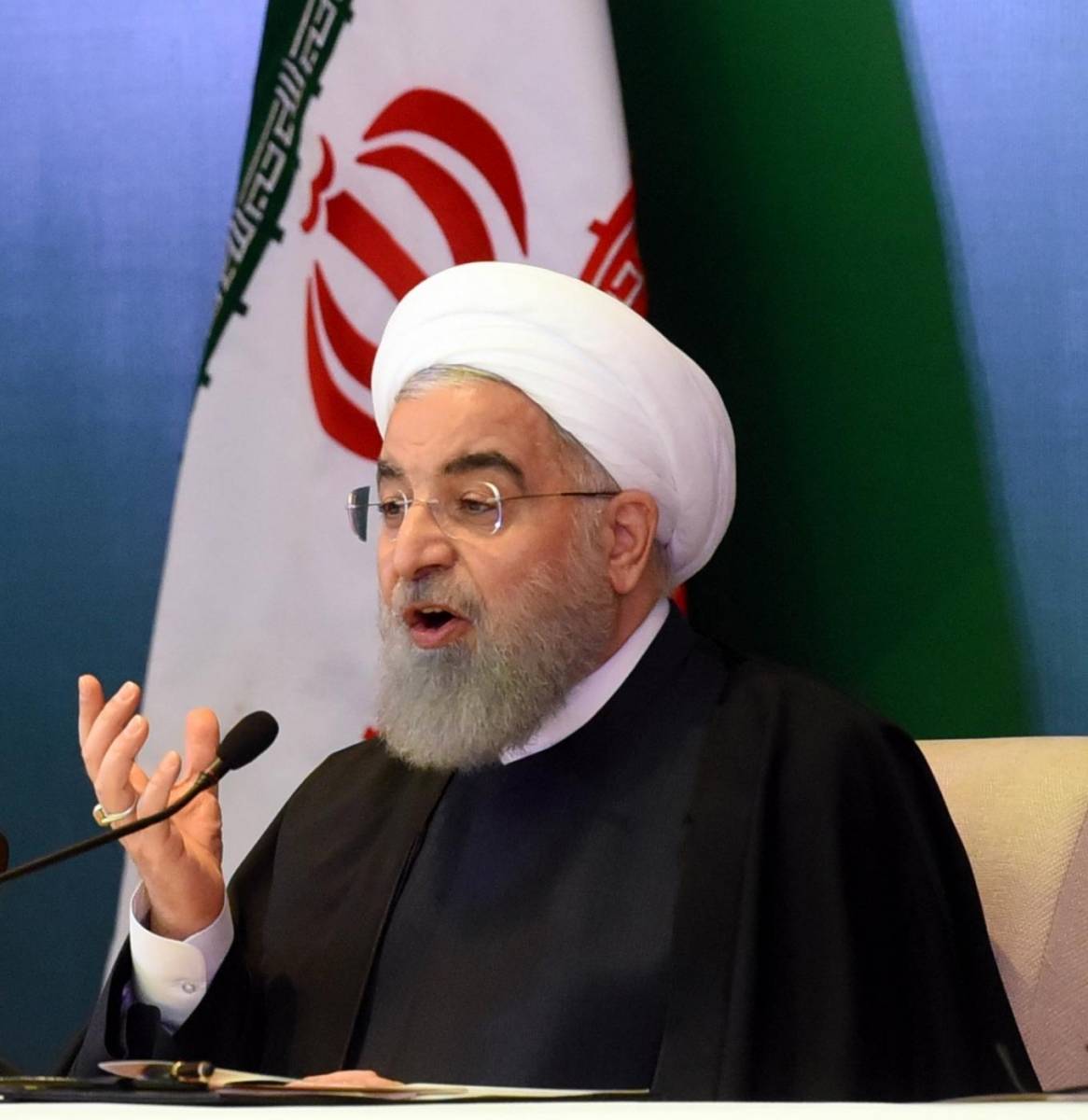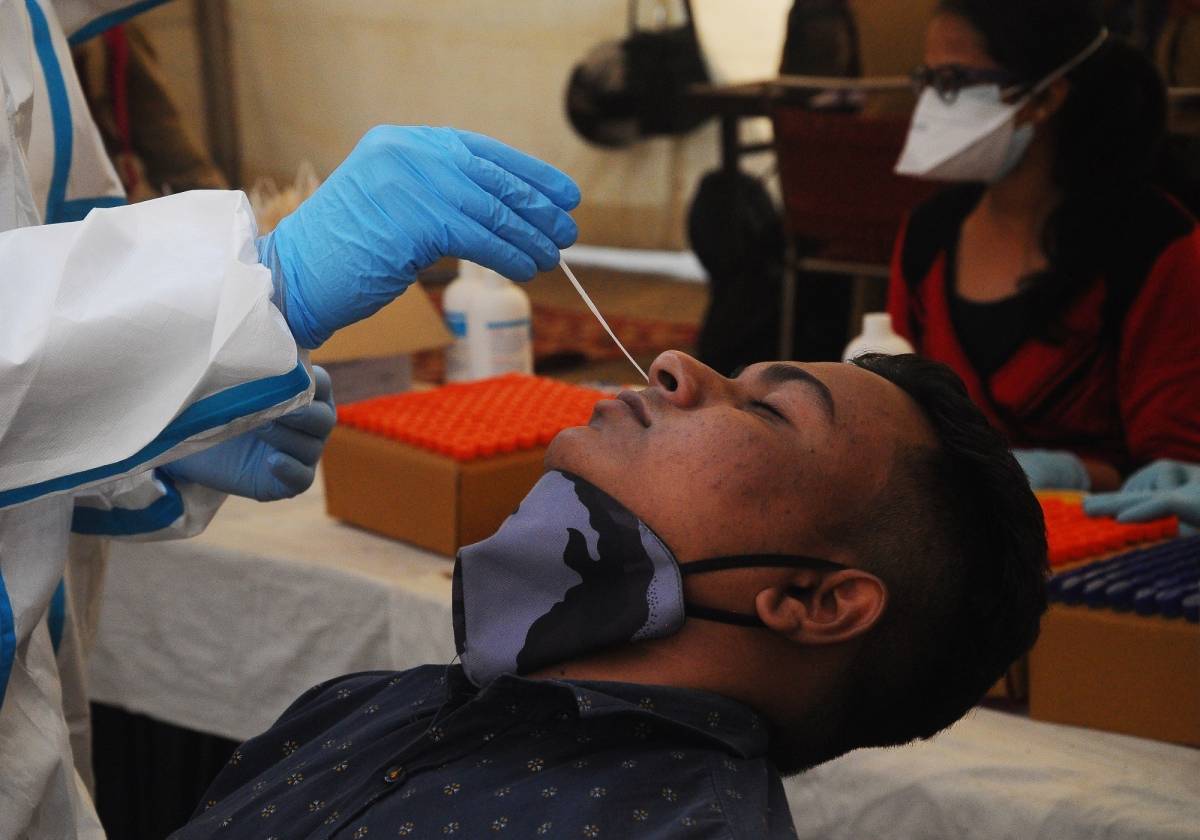Iran is changing its access policy from Tuesday because the US has not lifted the sanctions imposed since Donald Trump abandoned the 2015 nuclear deal…reports Asian Lite News
The UN nuclear agency has said Iran has agreed to extend UN inspectors’ inspection at nuclear sites for three months.
But the hastily brokered agreement will give IAEA officials less access and end their right to make snap inspections.
Iran is changing its access policy from Tuesday because the US has not lifted the sanctions imposed since Donald Trump abandoned the 2015 nuclear deal, the BBC reported.
Washington and Tehran now have more time to seek a compromise.
Then-Donald Trump administration re-imposed crippling sanctions on Iran, and Tehran retaliated by resuming nuclear activity barred under the agreement signed with six world powers in 2015.
Iran says it will not reverse the measures unless the US fully complies with the 2015 deal – but US President Joe Biden has said Iran must do so first.
The crisis over Iran’s nuclear programme has been on the international agenda for almost 20 years. Iran says its atomic programme is for peaceful purposes, while the US and others suspect Iran is secretly seeking the capability to develop nuclear weapons.
A law coming into force on Tuesday by Iranian MPs requires the government to stop allowing the inspection at short-notice of declared or undeclared nuclear sites by experts from the global nuclear watchdog, the International Atomic Energy Agency (IAEA).
“This law exists. This law is going to be applied, which means that the Additional Protocol, much to my regret, is going to be suspended,” said IAEA chief Rafael Grossi, after a weekend of talks in Tehran.
“There is less access, let’s face it. But still we were able to retain the necessary degree of monitoring and verification work,” he added.
The “additional protocol” allows the IAEA to make unannounced inspections at sites not previously disclosed by a country.
Iran had agreed to resume the snap inspections under the 2015 deal, having previously suspended them in 2006. Such visits are a voluntary part of a separate, earlier nuclear Non-Proliferation Treaty (NPT) – an international agreement drawn up in the late-1960s designed to prevent the spread of nuclear weapons, which Iran joined in 1970.
Also read:Malaysia gets 1st shipment of vaccines









